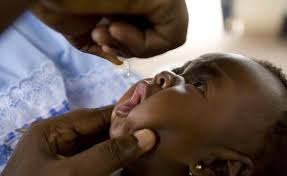
Principal Investigator: Sally Mtenga
Project leader/ Coordinator:
Project Administrator: Mery Irema
Funding Partner: Care Canada
Start date: April 6, 2017
End date: Dec. 31, 2021

Tanzania Maternal Newborn Health Initiative
TAMANI is complex intervention for improving maternal and newborn health with the ultimate expected outcome of contributing to reduced maternal and newborn mortality in Tabora. The overall aim of the study is assess the effectiveness and change in outcome of multi-component intervention on indicators of maternal and child health.
Specific study objectives includes (but not limited):
I)to improve knowledge and skills of health care providers to delivers gender sensitive reproductive, maternal, and new born clinical services.
II)to improve women’s ability to access gender-sensitive reproductive, maternal newborn health services.
III) to strengthen the capacity of regional and district health system managers to effectively plan, manage and deliver gender-sensitive reproductive and maternal health services.
A step wedge design will be used to implement and evaluate multiple interventions. The intervention will target the supply side through the provision of high quality care health facilities, and target the demand side through improvement in utilization of care by women and their families. Study area.
The intervention takes place in the Tabora region of central-western Tanzania, which is divided into 7 administrative districts, specifically Igunga, Kaliua, Urambo, Nzega district and Nzega Town, Tabora Urban and Uyui. These administrative levels are regional (level one), district (level two) wards (level three), villages/mitaa (level four) and enumeration areas (level five).
The expected immediate outcomes of the project are include but not limited to:
I) Improve availability of quality reproductive, maternal and newborn health service in Tabora.
II)Improved utilization of women and their families of reproductive, maternal and new-born health service in Tabora
III)Strengthened capacity of regional and district health system managers to effectively plan, manage and deliver quality gender-sensitive reproductive, maternal and new-born health service.#
